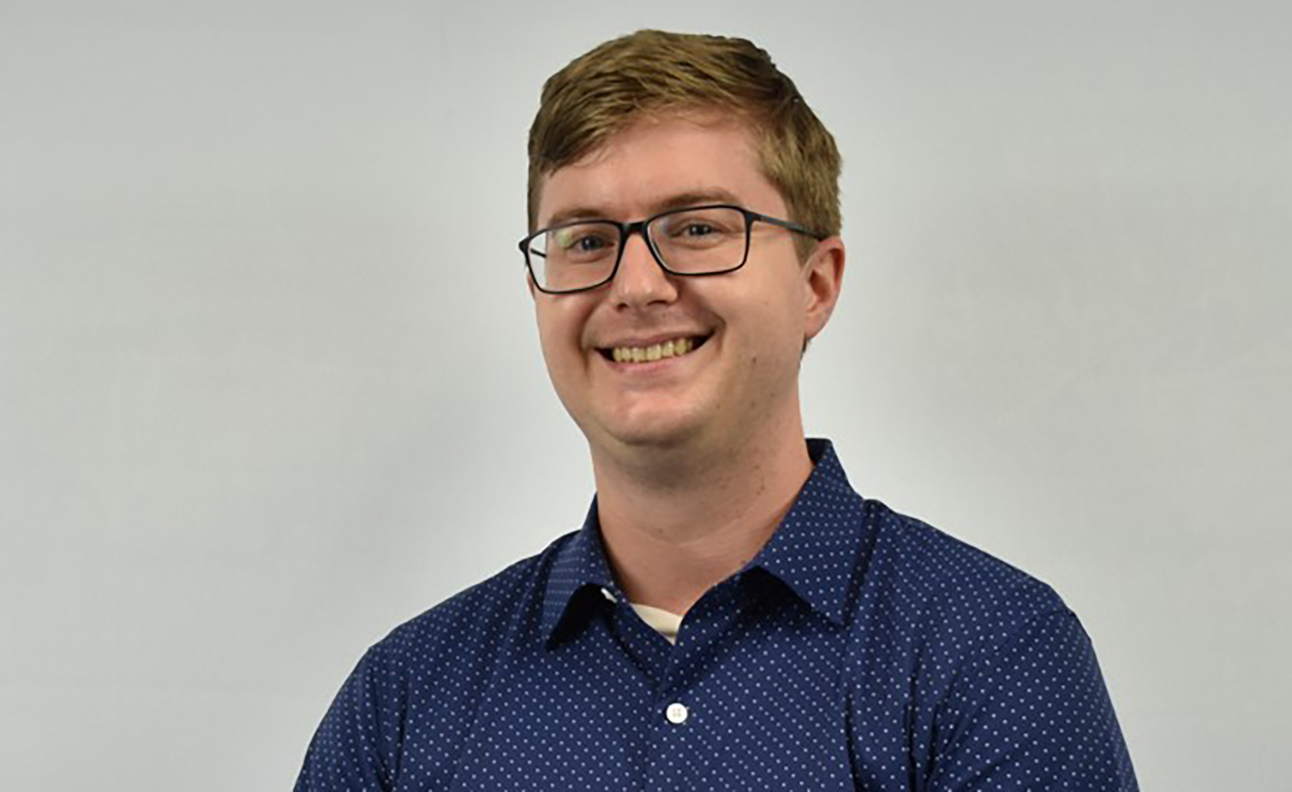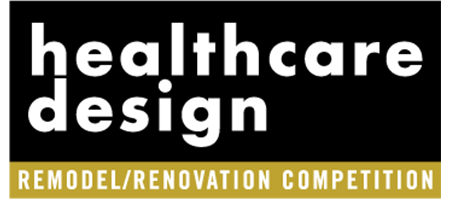Will Turner, Project manager, St. Onge Co. (York, Pa.)
Armed with bachelor’s and master’s degrees in mechanical engineering from the University of Vermont, Will Turner spent four years as a biomedical engineer at Meridian Medical Technologies, a Pfizer Company (Columbia, Md.), designing and developing drug delivery mechanisms.
In 2019, he joined St. Onge Company (York, Pa.), where he saw an opportunity to expand his work in the medical field. He started as a senior engineer and four years later was promoted to project manager at the global supply-chain strategy and logistics consulting firm. Here, he manages projects including facility planning and design for new construction and renovations, focusing on engineering and optimizing operationally efficient infrastructure.
His expertise includes offering precise design specifications for incorporating technology into healthcare systems including space, structural, mechanical, and electrical requirements for automated guided vehicle (AGV) systems, autonomous mobile robot (AMR) systems, and pneumatic tube, trash, and linen systems.
With five years in the healthcare design industry, Turner’s project work includes pneumatic tube system design at Indiana University Health’s new downtown hospital (Indianapolis), Massachusetts General Hospital (Boston), and Sharp Memorial Hospital (San Diego). As project manager, Turner actively engaged in comprehensive reviews of people, processes, and technology to facilitate operational changes that deliver ongoing efficiency and cost savings.
After designing AGV and AMR systems at three Canadian hospitals—The Ottawa Hospital (Ottawa, Ontario), South Niagara Hospital (Niagara Falls, Ontario), and Trillium Medical Center (Mississauga, Ontario)—he received a request from the Ontario Ministry of Health for a presentation on the impacts of robotic systems within healthcare facilities.
On another recent project, at Atlanta Children’s Hospital in Atlanta, he helped develop an operational plan for robotics to reduce walking distances for staff, supporting efficiency in daily operations. One of the largest hospital fleets in the country, the robots will be used to transport medical supplies, medications, linen, equipment, meals, case carts, and more.
Through his project work and participation in committees for the Robotics Industry Association, Turner is playing a pivotal role in driving the adoption of new technologies and robotics into healthcare environments to drive operational efficiencies in the healthcare sector.
Path to healthcare design: In high school I decided I wanted to use my interest in math and science to somehow effect positive change. I originally thought this might be through alternative energy systems. I started my higher education in mechanical engineering and got involved in synthetic biology research on biofuels. This led me to eventually work on the design and development of drug delivery mechanisms. After several years, I wanted a new challenge. I connected with St. Onge and was intrigued by the opportunity to use my skills to make an impact on health systems all over the world.
Describe your design approach: User-focused, collaborative, data-driven solutions, and impact-oriented.
On your desk now: Designing robotics and automation systems for a range of clients, from community hospitals up to some of the largest health systems in North America. I’m involved in some projects from master planning and concepts through construction administration phase, so I get to participate in the evolution of the system design at each stage, and then test the final product. On other projects I’m researching future technologies and helping my clients understand how they may be used to support their operational needs including future technology strategies and how to plan for technology in their facilities.
Most rewarding project to date: A new campus development project at The Ottawa Hospital in Ottawa, Ontario, Canada, leading consulting services and multiple automated transport systems, including automated cart transport vehicles, autonomous mobile cabinets, pneumatic tube system, and pneumatic trash and linen system. The most rewarding part has been the spirit of collaboration between St. Onge, the design team, and the hospital, which has enabled us to develop a highly efficient solution and put the project in a good position as we move into the next phase.
What success means to you: Understanding the health system’s current state and creating a range of innovative and practical options for our client and arming them with the rigorous industrial engineering analysis and technology insights they need to make a decision. Then we drive the design and performance requirements throughout the project so that when the new hospital opens, the systems work smoothly, provide enough capacity to meet peak demand times, and have an operational and maintenance plan in place to keep the systems running for many years.
Industry challenge on your radar: I’d like to see a better understanding of how we will get to seamless integration of automated transportation to enable hospital staff to intuitively use the systems to get the items they need to the right place at the right time (e.g. voice commands and real-time bedside delivery of supplies or medicines, removal of waste, specimen transport). As we have an aging population and the ratio of available healthcare staff to patients is likely to continue to decrease, these systems will help staff continue to provide excellent care with less effort.
Must-have skill for healthcare designers today: Communication. Actively listening to the hospital staff to understand their needs and asking key questions to guide the conversation toward a basis of design.
Click here to read more about all of HCD’s 2024 Rising Stars.












